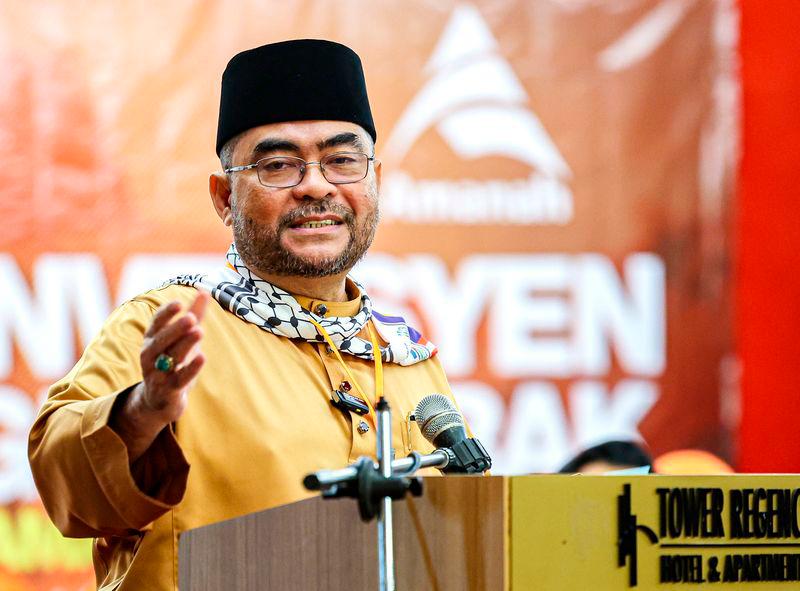KUALA LUMPUR: The collapse of the decades-long Assad regime in Syria could plunge the Middle East further into uncertainty, despite it signifying the triumph of the Syrian people and witnessing a smooth political transition without significant obstacles.
Deputy President of Parti Amanah Negara, Datuk Seri Dr Mujahid Yusof Rawa, in a commentary, said the regime’s fall can be attributed to deposed president Bashar al-Assad’s inability to manage both internal and external pressures, the weakening morale of his military, and the diminishing returns of Russian and Iranian interventions to sustain his rule.
“With increased public resistance, the liberation fighters successfully advanced into strategic cities, including Damascus, with little resistance.
“The people’s triumph ushered in a smooth political transition without significant obstacles,” he said.
Mujahid said Abu Mohammad al-Julani, the leader of the liberation forces, demonstrated diplomatic acumen by focusing on Syria’s liberation rather than vengeance or violence.
“Under al-Julani’s leadership, the transition from military to political control proceeded peacefully, with the liberation forces, led by Hay’at Tahrir al-Sham (HTS), taking over government apparatus without resistance, signifying Bashar’s absolute loss of power,” he said.
He said while speculations abound regarding whether al-Julani is backed by Turkiye or the US, such assumptions are overly simplistic, as some argue that Bashar’s presence was necessary to counterbalance Israel’s advance and American influence via Iranian and Hezbollah proxies.
However, Mujahid said the situation is far more complex.
Syria has long been a pawn on the geopolitical chessboard of the West and Russia within the broader Middle East conflict, particularly since the establishment of the illegitimate entity of Israel.
Syria participated in the 1967 Arab-Israeli War alongside Egypt and Jordan.
The loss of the Golan Heights to Israel marked a turning point in Israeli-Syrian relations, which remain tense.
“Unlike Egypt, which reclaimed its territory through the 1978 Camp David Accords, Syria has never reached a similar agreement with Israel. Syria continues to reject Israel’s legitimacy, unlike some other Arab nations,” he said.
Due to its strategic conflict with Israel, Syria has hosted numerous anti-Israel groups, including Hezbollah, Hamas, and Islamic Jihad, he said.
On a geopolitical level, Syria has military ties with Iran, Lebanon, and Turkiye, each with its own interests.
Russia supplies arms to Syria, while Iran supports the Assad regime due to shared Shia sectarian ties and geopolitical considerations -- including countering Turkiye and Israel and supporting Palestine.
“What lies ahead is uncertain. Will the illegitimate entity of Israel exploit the new era in Syria? How will the dynamics between the US, Russia, Turkiye, and Iran evolve in this new landscape?,” he said.
However, he added that what is clear was that all these stakeholders agree on the need for Assad’s regime to end and a new era to begin.
“Only Allah knows what the future holds for the blessed land of Sham, which is prophesied to produce a group that will liberate Al-Aqsa,” he said.
On Nov 27, the anti-regime coalition led by al-Julani launched a major offensive against pro-government forces in Idlib -- and within days, it took Aleppo, Hama, Homs and Deraa.
On Dec 8, they successfully captured Damascus, declaring the country is liberated from over 50 years of Assad regime rule, which witnessed systemic oppression against its people.









